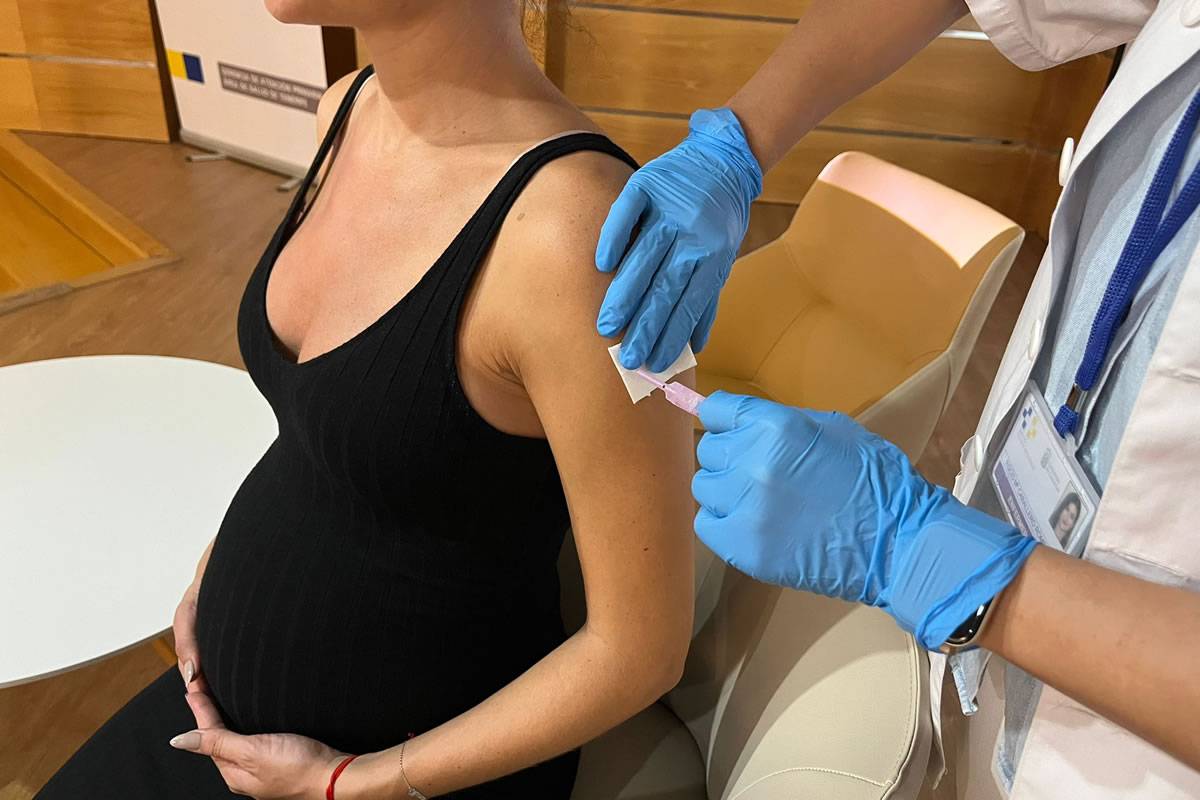Respiratory infections surge in the Canary Islands ahead of Christmas
- 21-12-2024
- National
- Canarian Weekly
- Photo Credit: Ministry of Health
Respiratory infections have increased sharply across the Canary Islands in the lead-up to Christmas, with the incidence rate climbing by 135 points in just a week. The latest figures from the National Centre for Epidemiology indicate a rate of 854 cases per 100,000 inhabitants between 9th and 15th December, second only to Valencia, which reports 962 cases per 100,000.
This surge has been attributed to pre-Christmas gatherings and increased mobility during the Constitution Day holiday. Nationally, respiratory infections have also risen, with Spain's average rate reaching 595.5 cases per 100,000 inhabitants, compared to 479.1 the previous week.
Most Affected Groups and Viruses
The report highlights that children aged 0 to 4 are the group most affected in the Canary Islands. The predominant pathogen is influenza, with the primary care diagnosis rate at 57.96 cases per 100,000 inhabitants. COVID-19 cases stand at 4.20 per 100,000, while acute bronchiolitis accounts for 9.29 cases per 100,000.
Although hospitalisation rates for respiratory infections have slightly decreased—from 11.73 to 9.77 cases per 100,000 inhabitants—the elderly remain the most vulnerable. People aged 79 and older experience the highest hospitalisation rate at 70 cases per 100,000 inhabitants.
While this increase marks the sharpest rise since the start of the season, the Canary Islands are still far from the peak recorded at the end of 2023, when the rate soared to approximately 1,300 cases per 100,000 inhabitants.
Strain on Health Services
The rising cases align with reports from health centres across the archipelago, which have observed an increase in consultations for respiratory symptoms.
Ana Joyanes, President of the Canary Islands Association of Primary Care Physicians (Amapcan), has urged individuals with symptoms to take precautions, including wearing masks, avoiding close contact, staying hydrated, and taking fever reducers.
“For high-risk patients, or those experiencing alarming symptoms like chest pain or high fever, it is crucial to seek medical attention,” Dr Joyanes advised.
As the festive season approaches, health professionals are emphasising the need for vigilance to prevent the spread of respiratory infections to vulnerable populations. Early intervention and preventive care will be key to managing the seasonal surge and mitigating its impact on health services.
Other articles that may interest you...
Trending
Most Read Articles
Featured Videos
TributoFest: Michael Buble promo 14.02.2026
- 30-01-2026
TEAs 2025 Highlights
- 17-11-2025



























































